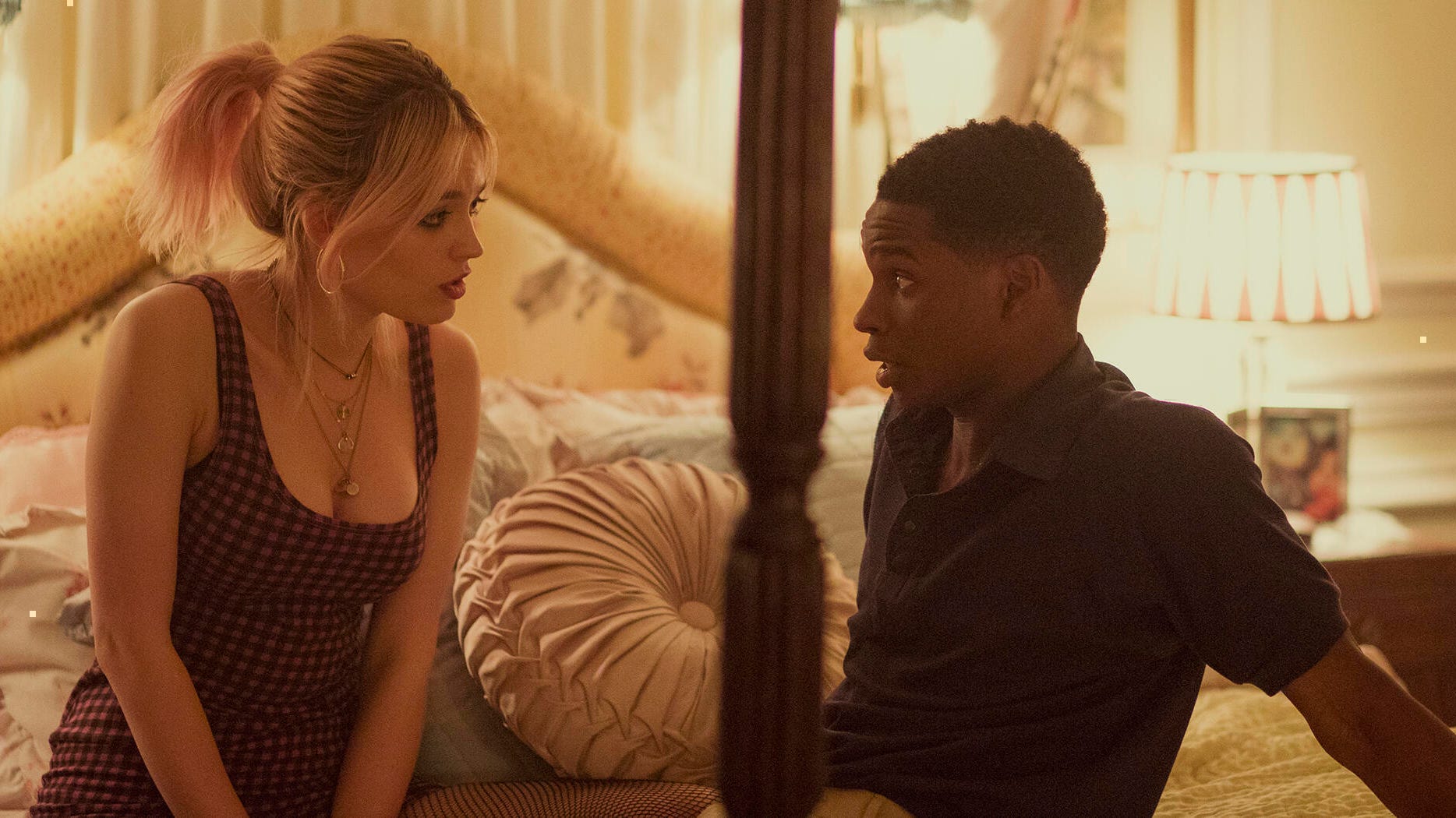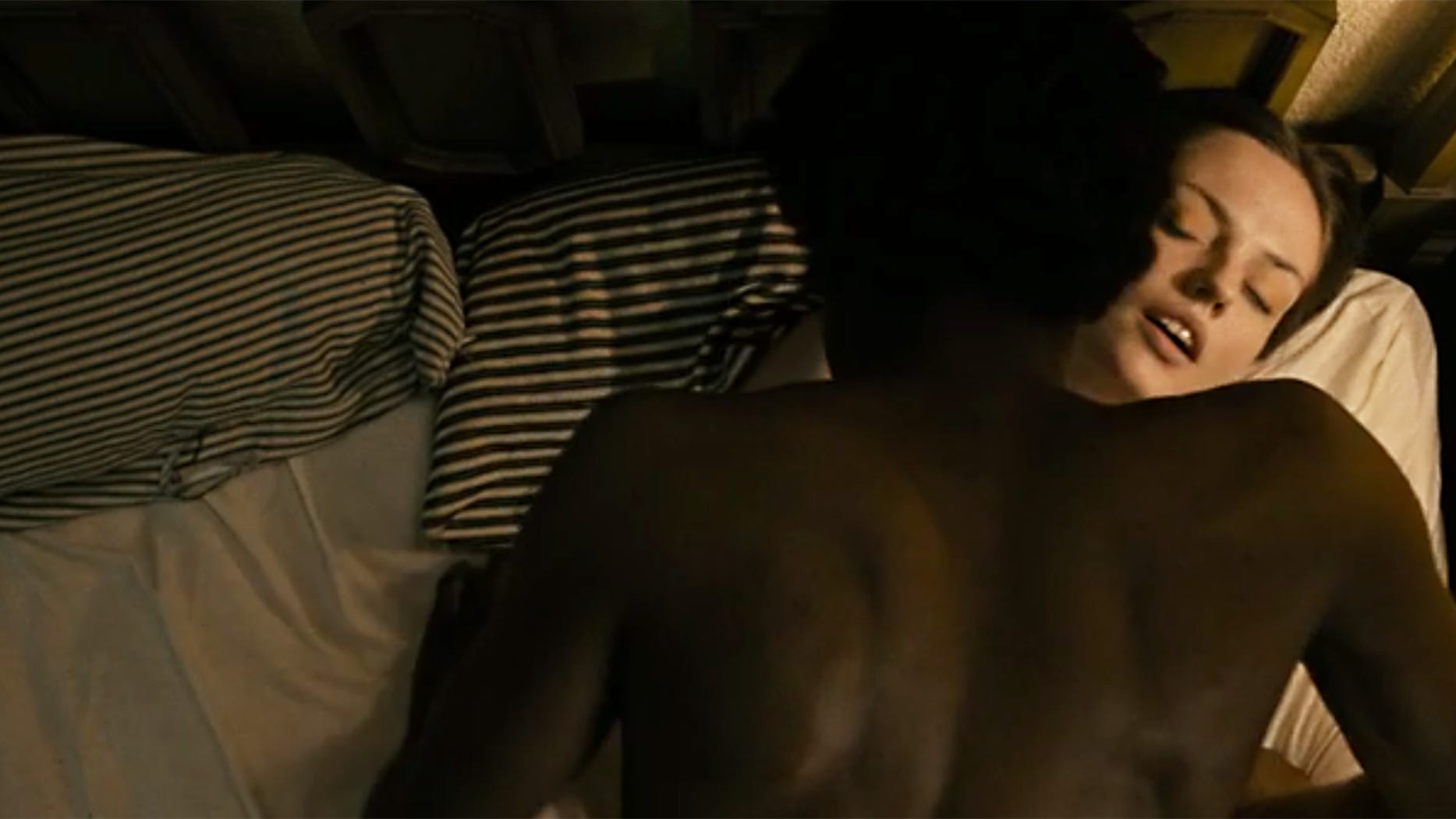
How Intimacy Coordinators Are Making Sex Scenes Safer for Actors
Two of these pioneering professionals explain how they're changing the industry

When it comes to creating on-screen action, teamwork makes the dream work. A show like Game of Thrones, for instance, can boast an entire department of stuntpeople, choreographers, and special effects experts to pull off its epic action scenes -- all of which are plotted down to the tiniest detail for the sake of both safety and storytelling. But when that action moves into the bedroom, historically, actors have been left to work things out almost entirely on their own. And until recently, nobody had the slightest idea how to do it any differently.
This complete lack of norms, systems or safeguards surrounding intimate content was par for the course for decades in Hollywood: a big, awkward, often naked elephant in the room that nobody knew how to address. It was also a source of major frustration for a few forward-thinking intimacy experts, seasoned performers themselves, who knew something needed to change.
"We were shouting it from the rooftops," said Alicia Rodis, a professional intimacy coordinator and co-founder of the group Intimacy Directors International. "It was like Cassandra -- nobody believed us, nobody wanted to have the conversation."
Let's Talk About TV's Evolving, Complicated Relationship With Sex
But as the #MeToo and Time's Up movements began rocking the foundations of the industry, leading to a widespread reckoning with offscreen abuses and imbalances of power, people started to wonder whether a similar discussion was in order surrounding what happens on camera. Suddenly, people like Rodis weren't just being listened to; they were in demand. In 2018, HBO even announced that they were hiring intimacy coordinators to supervise all their sex scenes after The Deucestar Emily Meade advocated for one on set.
Intimacy coordinators play a vital role: keeping actors safe, keeping the lines of communication open and using consent-focused standards to reshape the way filmmakers tell stories of love, lust and passion onscreen. TV Guide caught up with two of these pioneering women to learn more about how they're helping Hollywood have better sex.

The Deuce
HBOLet's Talk About Sex
A major obstacle to establishing intimacy standards on set is that talking about sex tends to make people squirrelly, even (or maybe especially) when it's a simulated act between two performers. In the past, rather than discussing the details of the scene in advance -- or at all -- actors would simply show up, go on instinct, and hope for the best.
"So often it would feel like we were getting away with something, like we were doing something naughty," said Rodis, who starred in many intimate scenes as an actor before she began working to coordinate them on shows like The Deuce, Crashing and Watchmen. "It was like, we act with everything else, but now it's the sex scene."
Ita O'Brien, an intimacy coordinator based in England, said that sex scenes often get handled poorly -- not out of malice, but avoidance of what many feel is an awkward situation. "Actors being left vulnerable, or feeling harassed and abused, hasn't been [the result of] a director or producer not wanting to do well. It's because they're not comfortable talking about the sexual content," she said.
I'm not interested in how you have sex; I'm interested in how your characters are having sex.
O'Brien, like Rodis, came to intimacy coordination after starting out her career as a performer. Now, she draws on her experience as a dancer and movement director to "give a craft to the intimate content." It's not unlike choreography -- creating a structure and a technique that frees actors up to tell the story. The key, she said, is to be explicit about what that requires: "Do you want a naked bottom? Do you want breasts to be grabbed? Do you want to see a naked breast, or do you just want to see the clothes falling off the shoulder?"
The process begins and ends with communication; not just with the director and actors, but also with the costume department, makeup artists, lighting techs, and anyone else who has a hand in crafting an intimate scene. Every move is plotted, vetted, and rehearsed fully-clothed before the cameras roll. And when it comes to talking about it, the coordinators are careful about language, so that the actors feel supported and respected throughout.
"In a writers' room we can be as creative as we want," Rodis explained. "But with an actor, I'm not going to say, 'So, he's f---ing you hard against the wall.' Instead, I'll say, 'Let's talk about how we get into the aggressive action that we have here.'"
Faking It
Logically, we all know that the things we see on television aren't real; nobody thinks, for instance, that a really good fight scene stems from the actors genuinely wanting to hurt each other. But for a long time, even among industry professionals, intimacy was seen as the exception to that rule: performers and directors alike believed that a good sex scene required true-life chemistry between the couple on screen -- or as O'Brien put it, "that they've got to really fancy each other." It's a misconception that intimacy coordinators are now working hard to push back against. Onscreen sex is fiction, after all. And done right, a well-crafted sex scene is one in which the actors get to, well, act.
"I always say, I'm not interested in how you have sex; I'm interested in how your characters are having sex. The simulation is a big part of it," Rodis said. "Same as doing a fight scene. I'm not going to punch this person in the face over and over again. I'm going to cheat it for the camera so that it looks like we're doing something that we're not."
MTV's Undressed Was Basically Sex Ed for '90s Teens
Meanwhile, where the actors supply the performance, it's often up to the intimacy coordinator to make sure the action itself rings true. O'Brien, who oversaw the intimate content on Netflix's Sex Education, described plotting the opening scene from Episode 4 featuring characters Ruthie (Lily Newmark) and Tanya (Alice Hewkin) having a not-so-successful hookup.

"I had to research quite a lot, to make sure the physicality that I was choreographing spoke to a true representation of queer sexuality and queer lovemaking. It was quite challenging too, because there were seven or eight big moves, flipping over thighs, changing positions," she said. There was also a lot of fully-clothed rehearsing -- "like any physical dance, it takes time to put it into the body" -- before the complex (and very funny) scene was ready for its closeup.
A New Standard
Although some Hollywood power players have already moved to implement intimacy standards across the board -- including HBO, which hired Rodis as a lead consultant network-wide after seeing her methods in action on The Deuce -- it will take time, effort, and training to make them an industry norm. (Without rigorous standards for training and certifying intimacy coordinators, the craft is open to the same problems that currently plague stunt work, where a lack of structure or formal guidelines for training stunt coordinators has sometimes resulted in untested, dangerous, and sometimes fatal conditions on set.)
I would challenge anyone that whatever their process is, we can find a way to make this process work for yours.
But there's also the question of attitudes. Not everyone recognizes the importance of having someone in charge of intimate content, or at least, not yet. Rodis, however, is winning performers and directors over one scene at a time -- reviewing boundaries, double-checking nudity riders, and offering accessories for intimate scenes (like kneepads) that actors might not think to ask for themselves.
"After we've had one scene together you see the lightbulb go on," she said. "I would challenge anyone that whatever their process is, we can find a way to make this process work for yours."
And O'Brien, who has developed a set of actor-focused intimacy guidelines in collaboration with a colleague trained in stage combat, is looking forward to a new industry standard. "What we want is that in five years time, people wouldn't dream of doing intimacy without putting in place intimacy guidelines, or if it's a full on sex scene, hiring an intimacy coordinator," she said.
Whether that happens by 2024 remains to be seen. But one thing is for certain: as more industry professionals catch on to the vital role that intimacy experts play not just in keeping actors safe and comfortable, but in creating beautiful, sexy, funny, and poignant storytelling, they won't just need to change the way they think about onscreen sex; they'll want to.
This week, TV Guide is exploring television's relationship with sex, puberty, and everything in between. As part of Sex Ed Week, we're examining the underrated importance of MTV's Undressed, the most awkward sex scenes we've ever watched with our parents,why Sex Education filters raunchy teenage life through a candy-coated aesthetic, and more. You can check out all our Sex Ed Week content here.